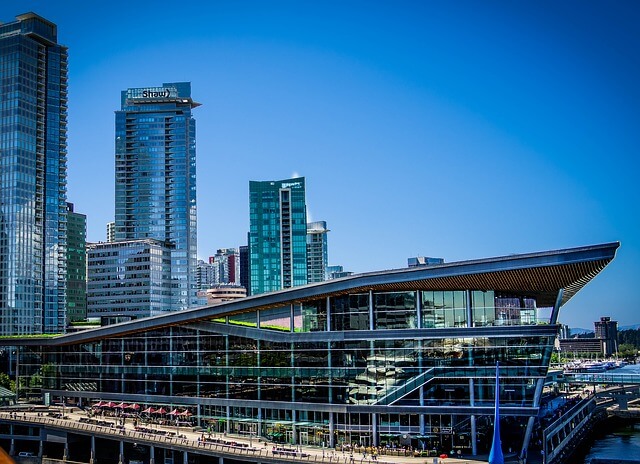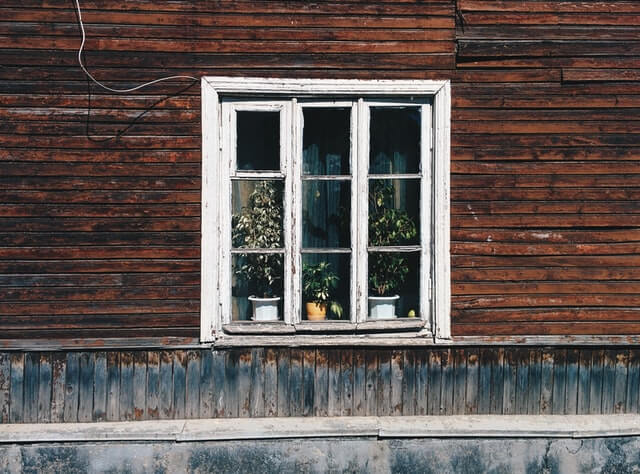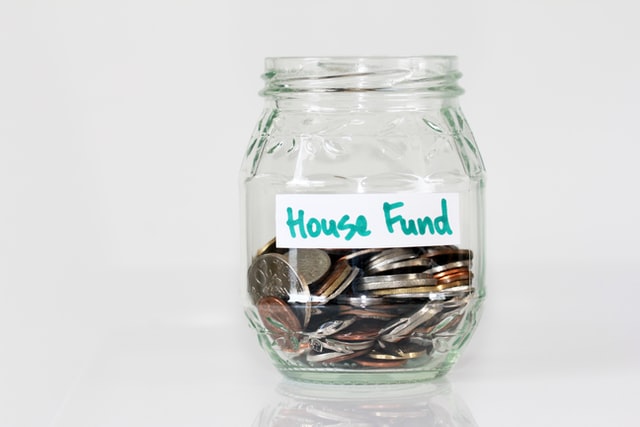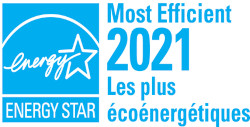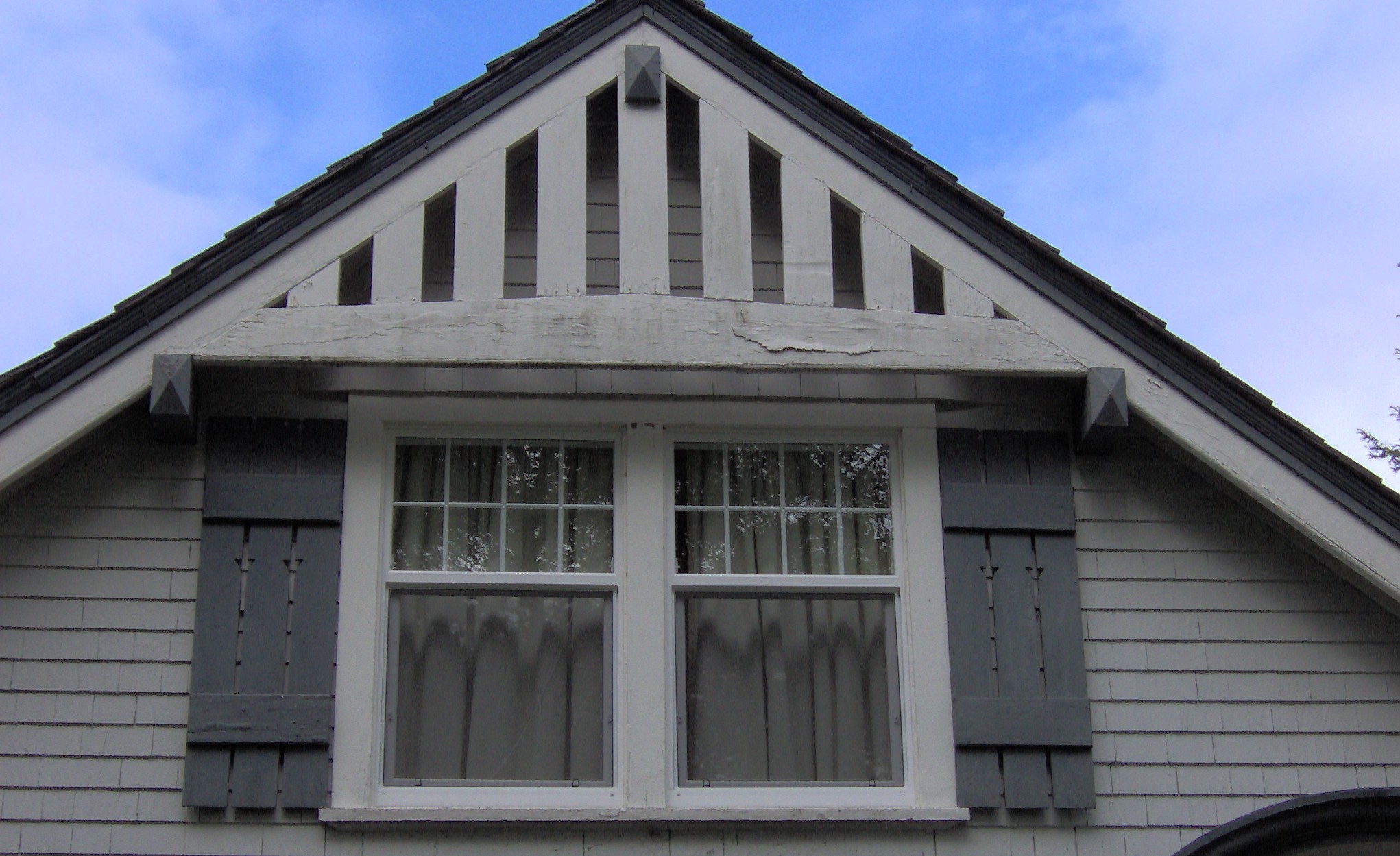
If you want to save energy at home there are a few very effective strategies for reducing the amount of energy you need to use to be comfortable in your home. While the “Recycle” craze has taken a hold of our society, “Reduce” is still the foremost pillar of the Three R’s Framework. Where we can, using less energy is the best way to limit our greenhouse gas emissions. If you can save energy, save money, and save the planet, is not that a noble goal?
1. Save Energy, Use Your AC!
AC units are a fantastic way to get a comfortable home for a reasonable price; however, most homeowners do not know that these machines require upkeep. Pop quiz: how often should you service your at-home Air Conditioner? You should service it at least every other year! Did you get your unit serviced in last year’s Heat Dome? Many homeowners neglect to take care of their AC units and it is costing them money and comfort!
Molds, Mildew, and Moisture can all accumulate in your AC unit. These problems can lower the quality of your air filtration and, more importantly, they reduce the efficiency of your AC unit. Make sure that whoever services your AC – that person can be you! – cleans or replaces the air filter, cleans the condenser fins, and removes any built-up gunk and excess moisture. These simple fixes should not take long and are one of the ways to save energy while cooling your home.
2. Boycott the Sun!

Did you know that one of the most effective ways to reduce how much the sun heats up your home is by blocking the sun light from getting in? You likely already have blinds, drapes, or other window coverings. When the sun is shining bright, you can block it out. This is most effective on south-facing windows where you get tonnes of intense, daylong sunlight baths that soak your home in solar heat.
Save energy by needing less of it! Draw your curtains and block out the sunlight. If you have exterior shades, those are more effective than interior ones but use what you have. If your windows are in shade, then so too is your home. When you stop your home from heating up on the inside, you can turn down the AC or allow more natural light into areas of your home with less direct sunlight.
3. Close the Lights and Turn Off the Circuits
Do you want to know how to save energy at home? Consider how many electronics you have and when you are actually using them. Why not try turning off the lights in your home? I am not suggesting you brood in the darkness and shut yourself in — not at all! Let the light in where it will heat up your home the least. If you have shaded backyards, or you live close to neighbours, your house may already benefit from some natural shade. Where you can, let in ambient light not direct sunlight. If you still have incandescent lights, or you have lights that become hot after a while of use, they may be using more energy than you think! If there is enough natural light, consider turning off the lights you are not actively using.
This is general advice for any electronics in your home: when not in use, turn them off. For example, many consumers leave their computers and computer monitors on for long periods of inactivity. Most systems will benefit from a full shutdown occasionally anyways so instead of using the “sleep” or “hibernate” functions on your computer, use the “shutdown” function instead. Sleep and Hibernate both use some electricity to keep your work save in memory. Eventually this will noticeably slow down your computer all while costing you energy you can save.
4. Captain Obvious exclaims, “Heat = Hot!”
Those large appliances in your home, whose only job is to make heat, take a lot of energy to generate that heat. Then, once you machines generate that heat, they release that heat into your home. That means that not only did you use a tonne of energy you now have to use even more to cool down your home! During the warm summer months consider alternatives to both your oven and your dryer.
Need I convince you that Barbeque is an almost perfect summertime activity? I didn’t think so. Will I need to convince you to hang-dry your laundry? If you have to air-dry inside I think this one might be a hard sell. To get rid of the humidity you would need to crank up your AC. If you air-dry outside, it is actually a good deal – weather permitting.
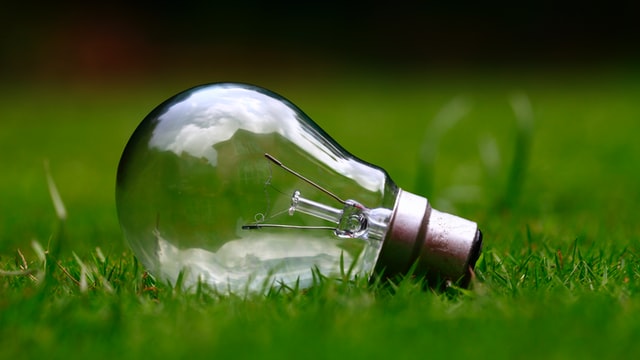
5. Cut Your Energy Usage not Your Activities
Now, I would be remiss not to mention what this blog is actually about. Energy efficient products have metric tonnes of carbon-footprint-erasing rebates. If you are looking to make better use of the products you enjoy consider looking at the provincial rebates for various appliances. For upgrades to your home, a combination of the federal grants and the provincial rebates will get you a lot of funds towards your upgrades.
You should know that in terms of energy efficiency of your home the Federal grants require you to have an energy evaluation. Windows, just as a matter of building science fact, are usually the weakest link in your building’s energy barriers. In all of the evaluations I have seen windows are always one of the upgrade recommendations. Unless your builder aimed for passive-haus or 2022 energy requirements, your windows can be, and likely should be, upgraded to Energy Star levels. You can read what I have written about the rebates for windows in this article.
